Brooklyn's Converted Pencil Factory
Constructed in the 1920s, this former pencil factory is now an office building.
Once part of a vast pencil empire where the first colored pencils were produced.
In the mid-1700s making a pencil was a difficult business. Making a few pencils involved smelting graphite, sulfur, and antimony, sawing the resulting graphite into pieces, and finally fitting them inside handmade wooden cases. Kasper Faber, the founder of the A.W. Faber company, perfected this arduous pencil-making process in Stein, Germany in the 1760s, but it would be his descendants who would help create the object we now think of as a pencil.
Kasper’s great-great-grandson, Eberhard Faber, moved his family’s company to New York in 1850. After a fire destroyed his shop in Manhattan in 1872, Faber hopped on a ferry and set up shop in Greenpoint, Brooklyn. Over the next 40 years, Faber built what is now known as the Eberhard Faber Pencil Company Historic District.
While credited with many pencil innovations such as the adoption of rubber erasers, and protective metal tip covers, what Eberhard Faber really did best was borrow, copy, and steal good pencil ideas from other producers. When shown the first usage of a circular saw in pencil production, Faber promptly copied the idea. When Hymen Lipman attached an eraser to the end of a pencil, Faber followed suit only to be later sued in the Supreme Court. When the Austrian Company, L. & C. Hardtmuth, colored their pencil yellow to suggest an “Asian” origin of the pencil, Faber quickly did the same and labeled his pencil “The Mongol” to push the point home.
Faber quickly became the world’s largest pencil producer. Among the varieties of the Mongol pencil he produced, were the world’s first pencils with colored tips. These colored Mongols would become the world’s most popular colored pencils.
The large Pencil Factory building at 47-61 Greenpoint is well known and takes up most of the north side of the Greenpoint block between Franklin and West Street. It was constructed between 1923 and 1924 and was the final and largest building in the complex of buildings. It was Faber’s last and largest architectural work, and they celebrated it by incorporating giant pencils, and stars—an element of their logo—into the building that can still be spotted today.
At the turn of the century, the company was considered one of Brooklyn’s most important companies employing hundreds of workers, many of whom were women. The Eberhard Faber Pencil company continued to make pencils in Greenpoint until 1956 when they sold the buildings and moved their operations to Pennsylvania. Today the complex of buildings— collectively known as the Pencil Factory—hosts luxury condominiums and workspaces.
Know Before You Go
While the interior of the Pencil factory is only accessible to people who live or work on-premises, travelers can walk by this historic institution. To get to the factory, take the G subway to the Greenpoint stop in Brooklyn and simply walk down Greenpoint Avenue towards the waterfront. You will find the pencil factory on Greenpoint between Franklin Avenue and West Street. You can also follow in the footsteps of Faber and take the East River Ferry to the Greenpoint stop, which is just a short walk from the former factory.
There are plenty of charming cafés and restaurants in the area, as well as the WNYC Transmitter Park with stellar views of Manhattan just down the street. Make a day of it, and the historic Greenpoint district.
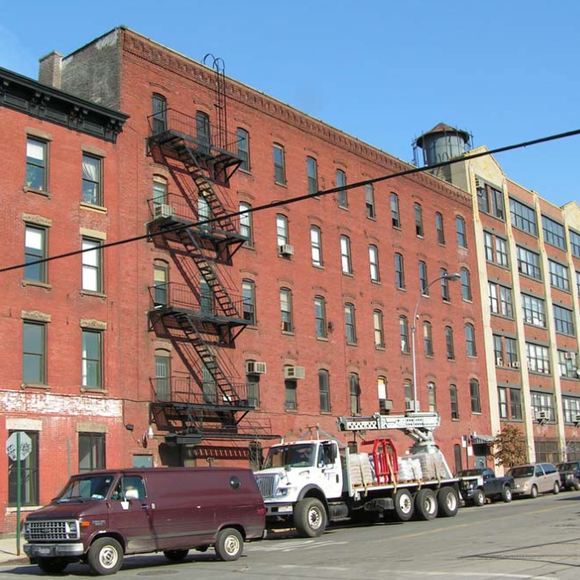

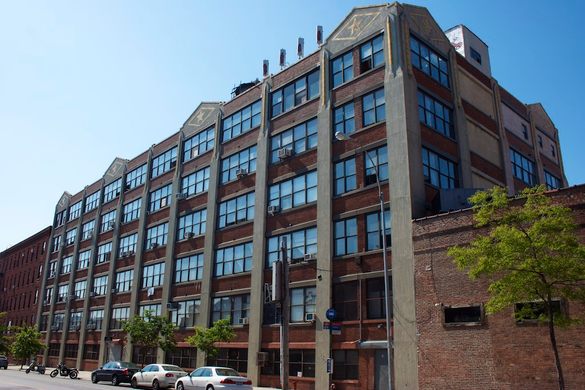
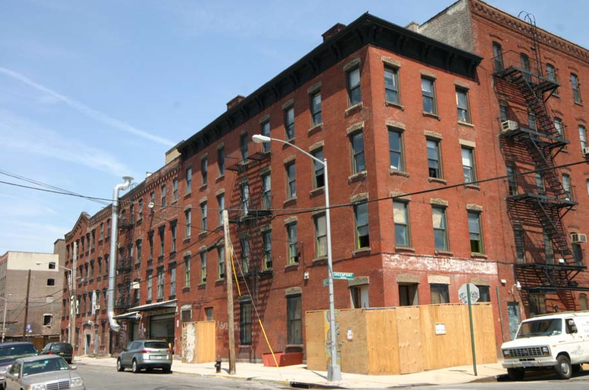
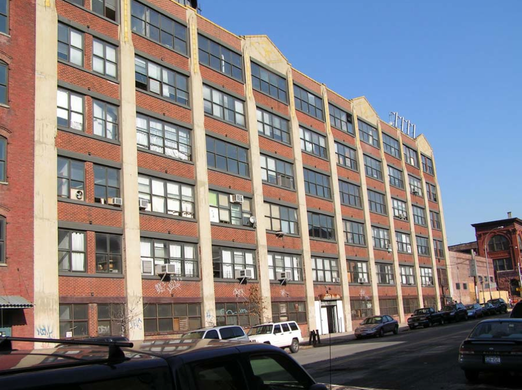
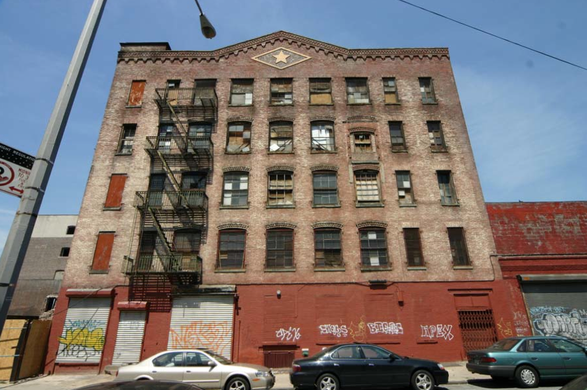
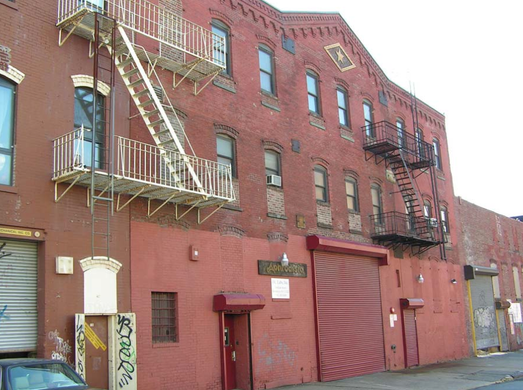
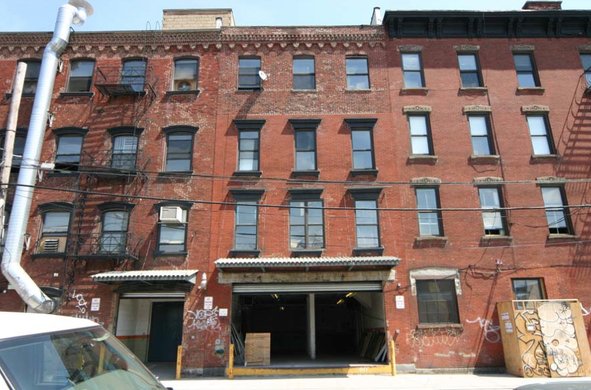
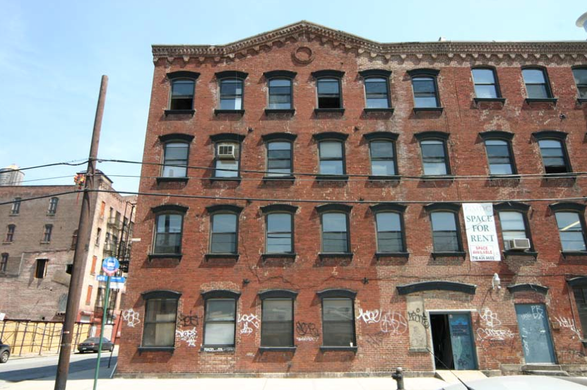
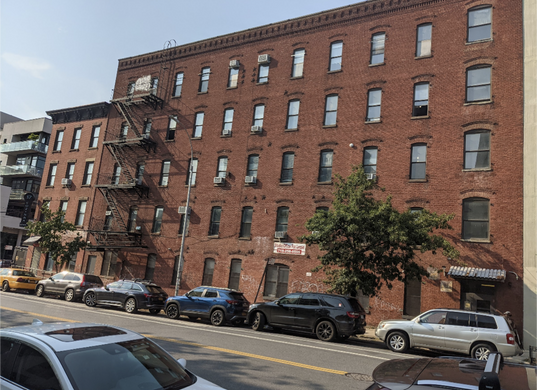





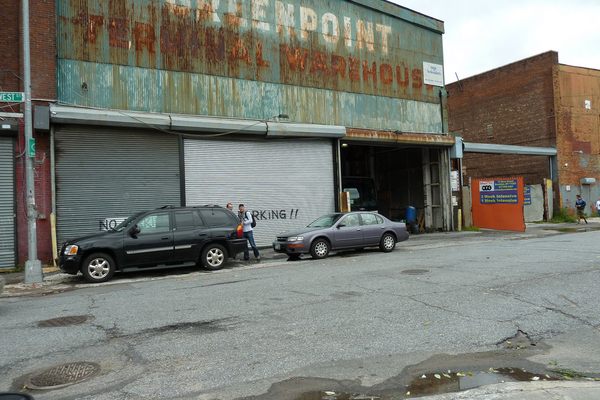

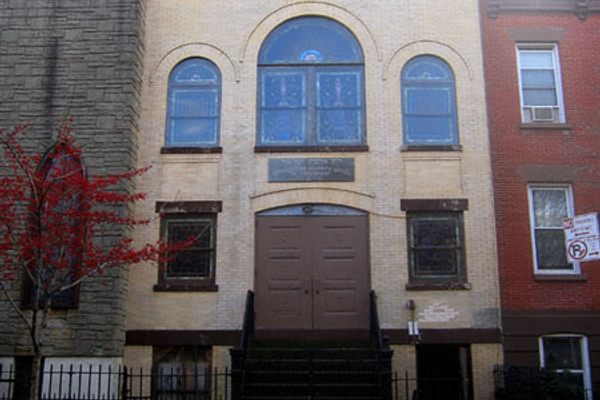


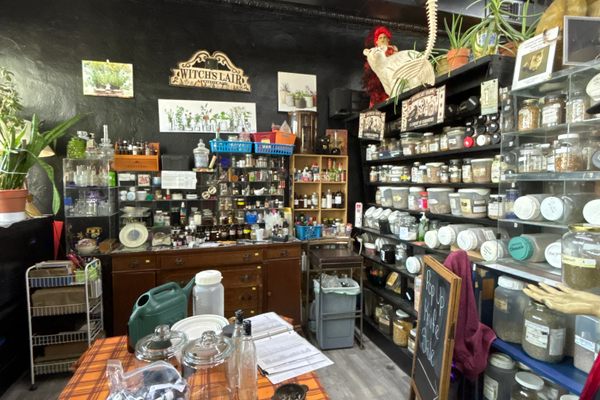


Follow us on Twitter to get the latest on the world's hidden wonders.
Like us on Facebook to get the latest on the world's hidden wonders.
Follow us on Twitter Like us on Facebook